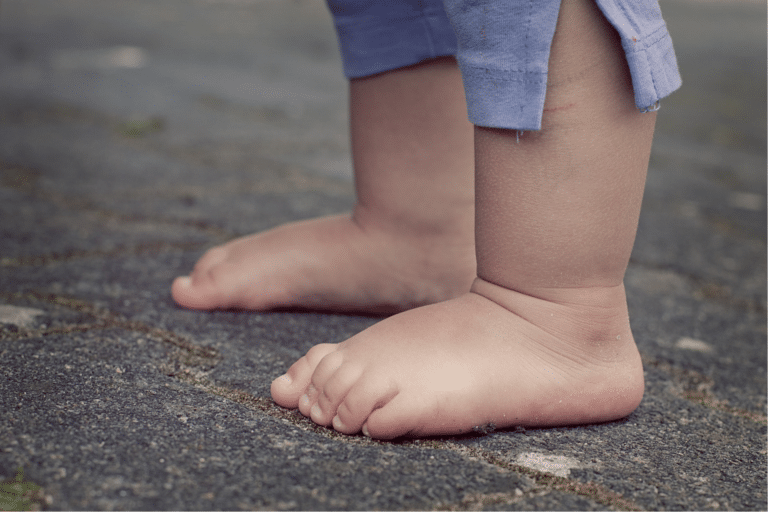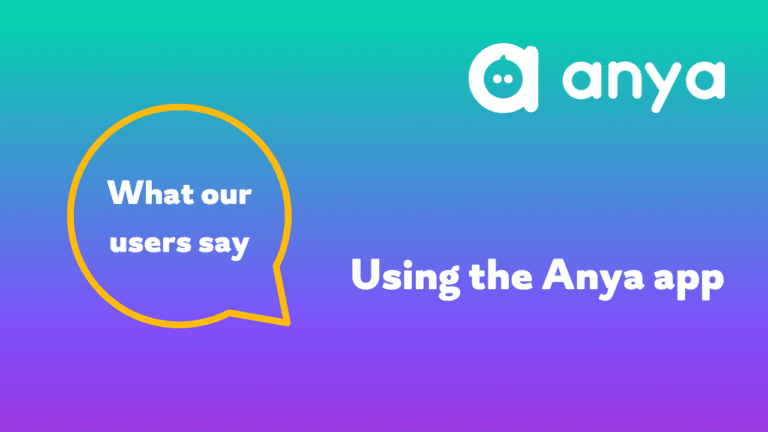Choosing the right foods for you and your baby
During pregnancy, it’s important to eat a healthy and balanced diet that provides the necessary nutrients for you and your growing baby. Here are some general guidelines on what to eat and what to avoid:
What to eat:
- Fruits and vegetables: These are a great source of vitamins, minerals, and fibre, and should make up a large portion of your diet. Give them a wash if they aren’t to be peeled before cooking or eating.
- Wholegrains: These provide energy and fibre, and can include foods such as wholewheat or brown bread, brown rice, and oatmeal.
- Lean proteins: These include foods such as poultry, fish, beans, and tofu, which are important for building and repairing tissues in the body.
- Dairy products: These are a good source of calcium and other nutrients, and can include foods such as milk, cheese, and yoghurt.
- Healthy fats: These include foods such as nuts, seeds, avocado, and olive oil, which are important for brain development and overall health.
What to avoid:
- Alcohol: It’s recommended that pregnant women avoid alcohol altogether, as it can harm the developing foetus.
- Raw or undercooked meat, fish, and eggs: These can be sources of harmful bacteria that can cause illness.
- Certain types of fish: Some types of fish, such as shark, swordfish, and king mackerel, can contain high levels of mercury, which can harm the baby.
- Raw sprouts: These can also be a source of harmful bacteria and should be avoided.
- Caffeine: While moderate amounts of caffeine are generally considered safe, it’s recommended that pregnant women limit their intake to no more than 200mg per day (equivalent to one cup of coffee).
Remember, it’s important to talk to your healthcare provider about your specific dietary needs during pregnancy, as every woman’s needs may differ based on their individual health status and pregnancy.
If you’re looking for more top tips on nutrition and diet in pregnancy, remember to #AskAnya!
Find out more about how the Anya app can support you in your parenthood journey.











